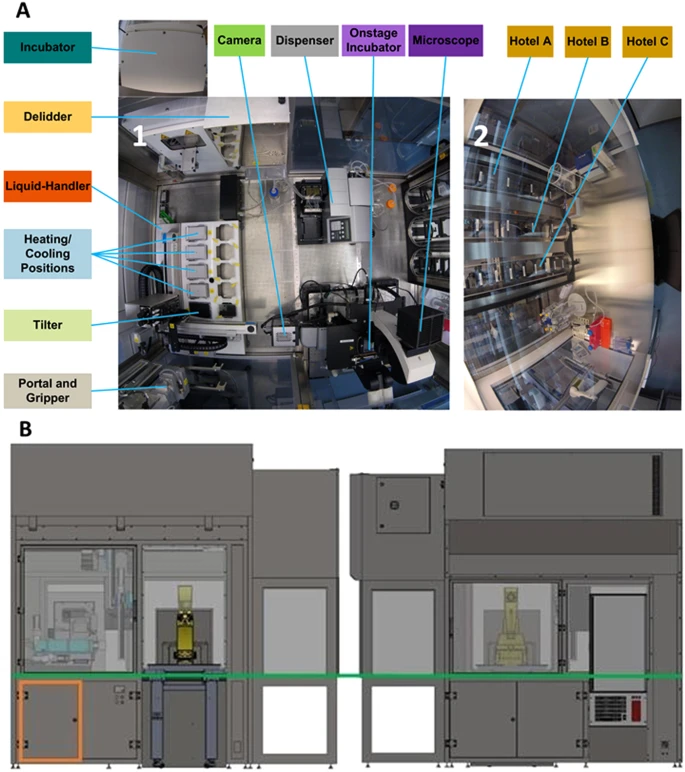Automated Microfluidic Cell Culture of Stem Cell Derived Dopaminergic Neurons

Automated Microfluidic Cell Culture of Stem Cell Derived Dopaminergic Neurons

Automated Microfluidic Cell Culture of Stem Cell Derived Dopaminergic Neurons

Automated Microfluidic Cell Culture of Stem Cell Derived Dopaminergic Neurons

No items found.
Automated Microfluidic Cell Culture of Stem Cell Derived Dopaminergic Neurons

Automated Microfluidic Cell Culture of Stem Cell Derived Dopaminergic Neurons

Automated Microfluidic Cell Culture of Stem Cell Derived Dopaminergic Neurons

Automated Microfluidic Cell Culture of Stem Cell Derived Dopaminergic Neurons

Automated Microfluidic Cell Culture of Stem Cell Derived Dopaminergic Neurons

Automated Microfluidic Cell Culture of Stem Cell Derived Dopaminergic Neurons

